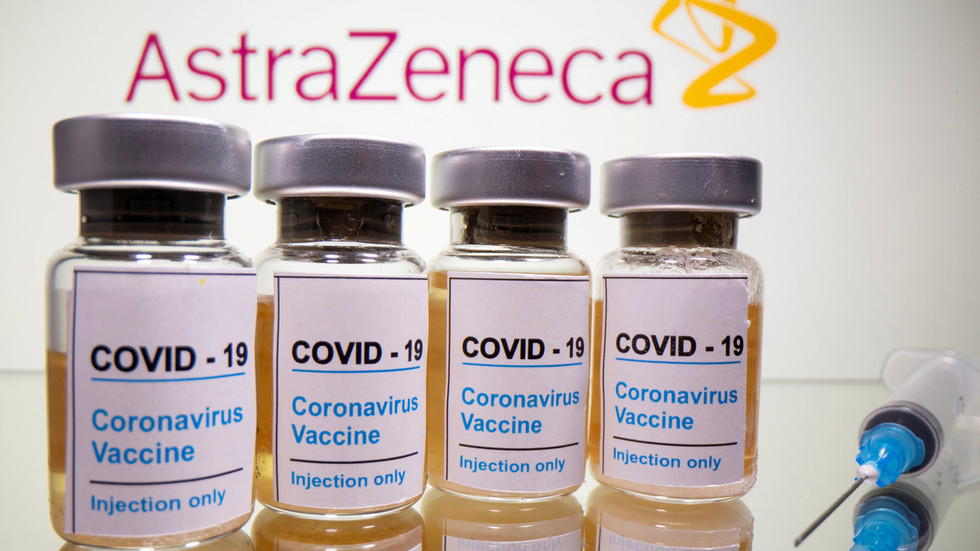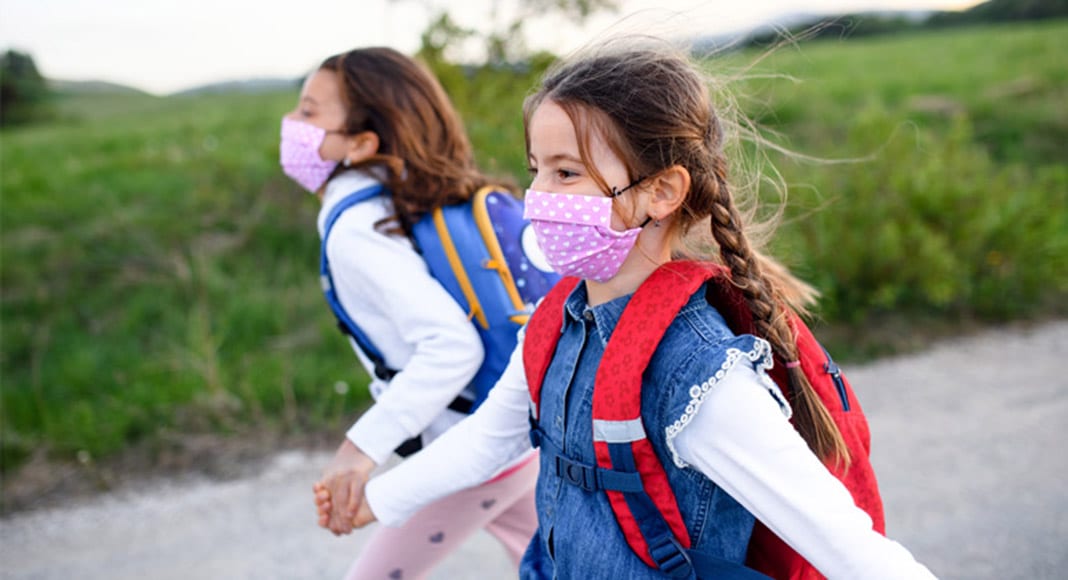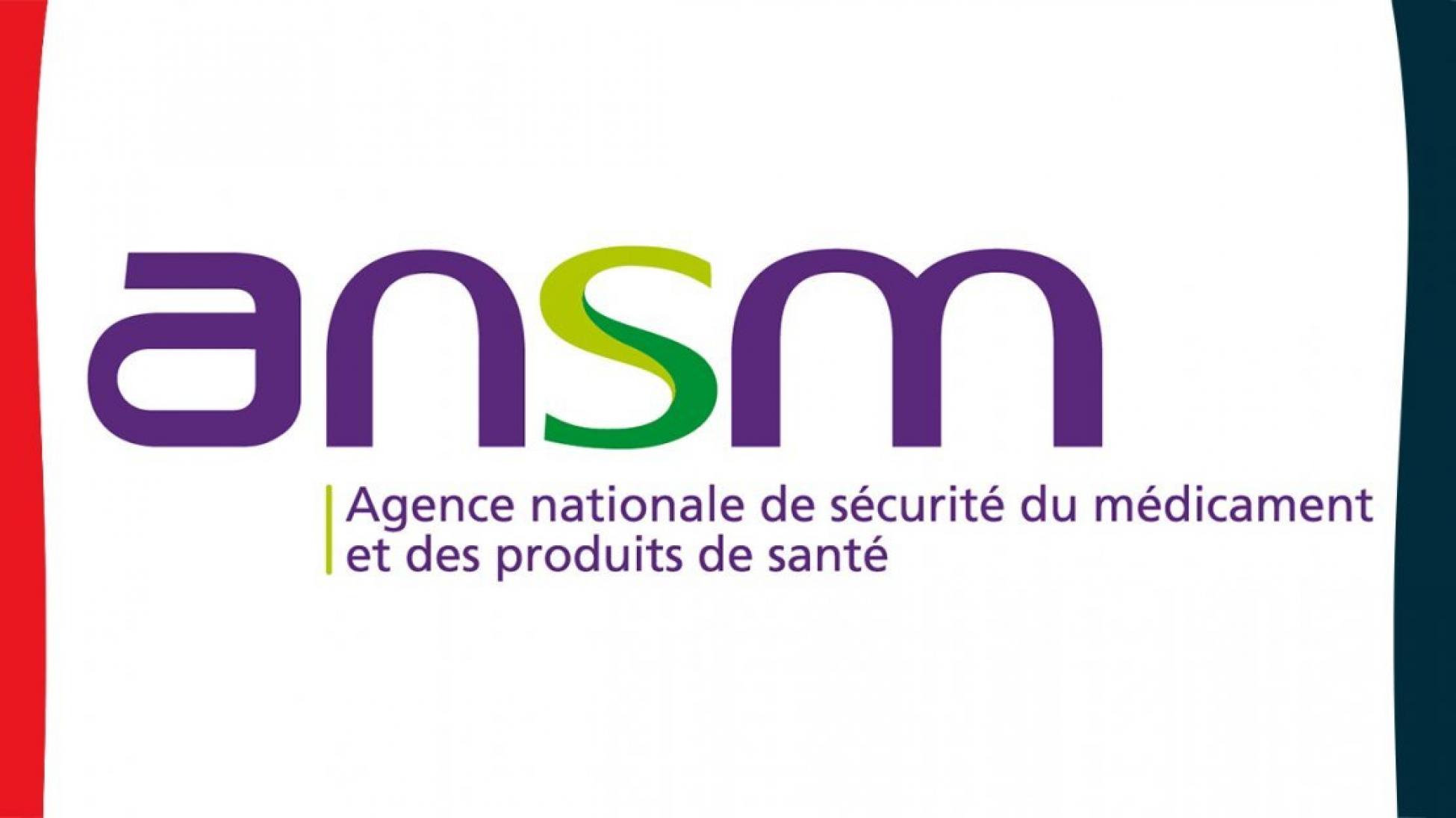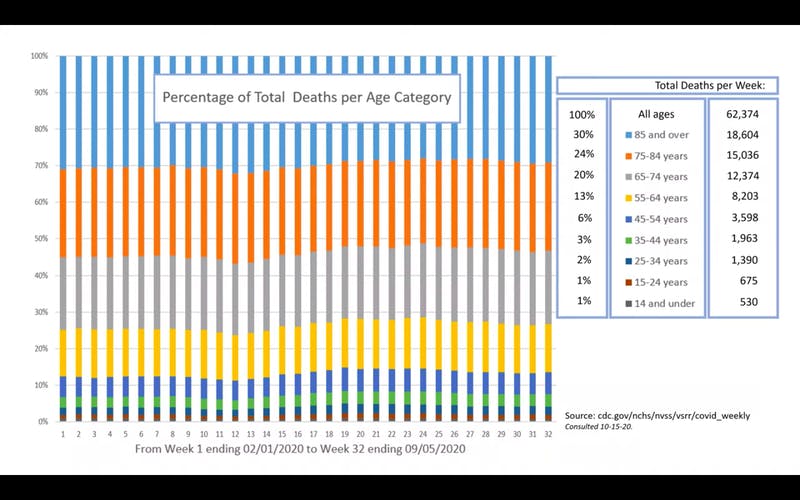Good afternoon, colleagues, friends,
Participants of the 17th plenary meeting of the Valdai Club,
Ladies and gentlemen,
I would like to welcome you all to our traditional annual meeting. We are meeting in an unusual format this time; we are videoconferencing. But I can see there are also people in the room. Not as many as usual of course, but nevertheless there are people present, and, apparently, you have had an in-person discussion, and I am delighted that you have.
We are certainly aware, we can see that the coronavirus epidemic has seriously affected public, business, and international affairs. More than that – it has affected everyone’s routine rhythm of life.
Almost all countries had to impose various restrictions, and large public gatherings have been largely cancelled. This year has been challenging for your Club as well. Most importantly, though, you continue to work. With the help of remote technology, you conduct heated and meaningful debates, discuss things, and bring in new experts who share their opinions and present interesting outside-the-box, sometimes even opposing, views on current developments. Such an exchange is, of course, very important and useful now that the world is facing so many challenges that need to be resolved.
Thus, we still have to understand how the epidemic affected and will continue to affect the present and future of humanity. As it confronts this dangerous threat, the international community is trying to take certain actions and to mobilize itself. Some things are already being done as collaborative efforts, but I want to note straight away that this is only a fraction of what needs to be done in the face of this formidable common challenge. These missed opportunities are also a subject for a candid international discussion.
From the onset of the pandemic in Russia, we have focused on preserving lives and ensuring safety of our people as our key values. This was an informed choice dictated by our culture and spiritual traditions, and our complex, sometimes dramatic, history. If we think back to the great demographic losses we suffered in the 20th century, we had no other choice but to fight for every person and the future of every Russian family.
So, we did our best to preserve the health and the lives of our people, to help parents and children, as well as senior citizens and those who lost their jobs, to maintain employment as much as possible, to minimise damage to the economy, to support millions of entrepreneurs who run small or family businesses.
Perhaps, like everyone else, you are closely following daily updates on the pandemic around the world. Unfortunately, the coronavirus has not retreated and still poses a major threat. Probably, this unsettling background intensifies the sense, like many people feel, that a whole new era is about to begin and that we are not just on the verge of dramatic changes, but an era of tectonic shifts in all areas of life.
We see the rapidly, exponential development of the processes that we have repeatedly discussed at the Valdai Club before. Thus, six years ago, in 2014, we spoke about this issue when we discussed the theme The World Order: New Rules or a Game Without Rules. So, what is happening now? Regrettably, the game without rules is becoming increasingly horrifying and sometimes seems to be a fait accompli.
The pandemic has reminded us of how fragile human life is. It was hard to imagine that in our technologically advanced 21st century, even in the most prosperous and wealthy countries people could find themselves defenceless in front of what would seem to be not such a fatal infection, and not such a horrible threat. But life has shown that not everything boils down to the level of medical science with some of its fantastic achievements. It transpired that the organisation and accessibility of the public healthcare system are no less, and probably much more important in this situation.
The values of mutual assistance, service and self-sacrifice proved to be most important. This also applies to the responsibility, composure and honesty of the authorities, their readiness to meet the demand of society and at the same time provide a clear-cut and well-substantiated explanation of the logic and consistency of the adopted measures so as not to allow fear to subdue and divide society but, on the contrary, to imbue it with confidence that together we will overcome all trials no matter how difficult they may be.
The struggle against the coronavirus threat has shown that only a viable state can act effectively in a crisis – contrary to the reasoning of those who claim that the role of the state in the global world is decreasing and that in the future it will be altogether replaced with some other forms of social organisation. Yes, this is possible. Everything may change in the distant future. Change is all around us, but today the role and importance of the state do matter.
We have always considered a strong state a basic condition for Russia’s development. And we have seen again that we were right by meticulously restoring and strengthening state institutions after their decline, and sometimes complete destruction in the 1990s.
Then, the question is: what is a strong state? What are its strengths? Definitely, not total control or harsh law enforcement. Not thwarted private initiative or civic engagement. Not even the might of its armed forces or its high defence potential. Although, I think you realise how important this particular component is for Russia, given its geography and the range of geopolitical challenges. And there is also our historical responsibility as a permanent member of the United Nations Security Council to ensure global stability.
Nevertheless, I am confident that what makes a state strong, primarily, is the confidence its citizens have in it. That is the strength of a state. People are the source of power, we all know that. And this recipe doesn’t just involve going to the polling station and voting, it implies people’s willingness to delegate broad authority to their elected government, to see the state, its bodies, civil servants, as their representatives – those who are entrusted to make decisions, but who also bear full responsibility for the performance of their duties.
This kind of state can be set up any way you like. When I say “any way,” I mean that what you call your political system is immaterial. Each country has its own political culture, traditions, and its own vision of their development. Trying to blindly imitate someone else’s agenda is pointless and harmful. The main thing is for the state and society to be in harmony.
And of course, confidence is the most solid foundation for the creative work of the state and society. Only together will they be able to find an optimal balance of freedom and security guarantees.
Once again, in the most difficult moments of the pandemic, I felt pride and, to be honest, I am proud of Russia, of our citizens, of their willingness to have each other’s backs. And of course, first of all, I am proud of our doctors, nurses, and ambulance workers – everyone, without exception, on whom the national healthcare system relies.
I believe that civil society will play a key role in Russia’s future. So, we want the voice of our citizens to be decisive and to see constructive proposals and requests from different social forces get implemented.
This begs the question: how is this request for action being formed? Whose voice should the state be heeding? How does it know if it is really the voice of the people and not some behind-the-scenes messages or even someone's vocal yelling that has nothing to do whatsoever with our people and that at times becomes hysterical?
Occasionally, someone is trying to substitute self-serving interests of a small social group or even external forces for a genuine public request.
Genuine democracy and civil society cannot be “imported.” I have said so many times. They cannot be a product of the activities of foreign “well-wishers,” even if they “want the best for us.” In theory, this is probably possible. But, frankly, I have not yet seen such a thing and do not believe much in it. We see how such imported democracy models function. They are nothing more than a shell or a front with nothing behind them, even a semblance of sovereignty. People in the countries where such schemes have been implemented were never asked for their opinion, and their respective leaders are mere vassals. As is known, the overlord decides everything for the vassal. To reiterate, only the citizens of a particular country can determine their public interest.
We, in Russia, went through a fairly long period where foreign funds were very much the main source for creating and financing non-governmental organisations. Of course, not all of them pursued self-serving or bad goals, or wanted to destabilise the situation in our country, interfere in our domestic affairs, or influence Russia’s domestic and, sometimes, foreign policy in their own interests. Of course not.
There were sincere enthusiasts among independent civic organisations (they do exist), to whom we are undoubtedly grateful. But even so, they mostly remained strangers and ultimately reflected the views and interests of their foreign trustees rather than the Russian citizens. In a word, they were a tool with all the ensuing consequences.
A strong, free and independent civil society is nationally oriented and sovereign by definition. It grows from the depth of people’s lives and can take different forms and directions. But it is a cultural phenomenon, a tradition of a particular country, not the product of some abstract “transnational mind” with other people's interests behind it.
The duty of the state is to support public initiatives and open up new opportunities for them. This is exactly what we do. I consider this matter to be the most important for the government's agenda in the coming decades – regardless of who exactly will hold positions in that government. This is the guarantee of Russia's sovereign, progressive development, of genuine continuity in its forward movement, and of our ability to respond to global challenges.
Colleagues, you are well aware of the many acute problems and controversies that have accumulated in modern international affairs, even too many. Ever since the Cold War model of international relations, which was stable and predictable in its own way, began to change (I am not saying I miss it, I most certainly do not), the world has changed several times. Things in fact happened so quickly that those usually referred to as political elites simply did not have the time, or maybe a strong interest or ability to analyse what was really going on.
Some countries hastily ran to divide the cake, mostly to grab a bigger piece, to take advantage of the benefits the end of the cold confrontation brought. Others were frantically looking for ways to adapt to the changes at any cost. And some countries – recall our own sad experience, frankly – just fought for survival, to survive as a single country, and as a subject of global politics, too.
Meanwhile, time increasingly and insistently makes us question what lies ahead for humanity, what the new world order should be like, or at least a semblance of one, and whether we will take informed steps forward, coordinating our moves, or we will stumble blindly, each of us just relying on ourselves.
The recent report of the Valdai Club, your club, reads: “…in a fundamentally changed international setting, the institutions themselves have become an obstacle to building a system of relations corresponding to the new era rather than a guarantee of global stability and manageability.” The authors believe that we are in for a world where individual states or groups of states will act much more independently while traditional international organisations will lose their importance.
This is what I would like to say in this respect. Of course, it is clear what underlies this position. In effect, the post-war world order was established by three victorious countries: the Soviet Union, the United States and Great Britain. The role of Britain has changed since then; the Soviet Union no longer exists, while some try to dismiss Russia altogether.
Let me assure you, dear friends, that we are objectively assessing our potentialities: our intellectual, territorial, economic and military potential. I am referring to our current options, our overall potential. Consolidating this country and looking at what is happening in the world, in other countries I would like to tell those who are still waiting for Russia’s strength to gradually wane, the only thing we are worried about is catching a cold at your funeral.
As a head of state who works directly in an environment that you and your colleagues describe from a position of expertise, I cannot agree with the assumption that existing international structures must be completely rebuilt, if not dismissed as obsolete and altogether dismantled. On the contrary, it is important to preserve the basic mechanisms of maintaining international security, which have proved to be effective. This is the UN, the Security Council and the permanent members’ right to veto. I recently spoke about this at the anniversary UN General Assembly. As far as I know, this position – the preservation of the fundamentals of the international order established after World War II – enjoys broad support in the world.
However, I believe that the idea of adjusting the institutional arrangement of world politics is at least worthy of discussion, if only because the correlation of forces, potentialities and positions of states has seriously changed, as I said, especially in the past 30 to 40 years.
Indeed, like I said, the Soviet Union is no longer there. But there is Russia. In terms of its economic weight and political influence, China is moving quickly towards superpower status. Germany is moving in the same direction, and the Federal Republic of Germany has become an important player in international cooperation. At the same time, the roles of Great Britain and France in international affairs has undergone significant changes. The United States, which at some point absolutely dominated the international stage, can hardly claim exceptionality any longer. Generally speaking, does the United States need this exceptionalism? Of course, powerhouses such as Brazil, South Africa and some other countries have become much more influential.
Indeed, by far not all international organisations are effectively carrying out their missions and tasks. Called to be impartial arbiters, they often act based on ideological prejudices, fall under the strong influence of other states, and become tools in their hands. Juggling procedures, manipulating prerogatives and authority, biased approaches, especially when it comes to conflicts involving rival powers or groups of states, have unfortunately become common practice.
The fact that authoritative international organisations following in the wake of someone’s selfish interests are drawn into politicised campaigns against specific leaders and countries is saddening. This approach does nothing but discredit these institutions, and leads them towards decline and exacerbates the world order crisis.
On the other hand, there are positive developments when a group of interested states joins forces to resolve specific issues, such as the Shanghai Cooperation Organisation, which for almost 20 years now has been contributing to the settlement of territorial disputes and strengthening stability in Central Eurasia, and is shaping a unique spirit of partnership in this part of the world.
Or, for example, the Astana format, which was instrumental in taking the political and diplomatic process regarding Syria out of a deep impasse. The same goes for OPEC Plus which is an effective, albeit very complex, tool for stabilising global oil markets.
In a fragmented world, this approach is often more productive. But what matters here is that, along with resolving specific problems, this approach can also breathe new life into multilateral diplomacy. This is important. But it is also obvious that we cannot do without a common, universal framework for international affairs. Whatever interest groups, associations, or ad-hoc alliances we form now or in the future – we cannot do without a common framework.
Multilateralism should be understood not as total inclusivity, but as the need to involve the parties that are truly interested in solving a problem. And of course, when outside forces crudely and shamelessly intervene in a process that affects a group of actors perfectly capable of agreeing among themselves – nothing good can come of that. And they do this solely for the purpose of flaunting their ambition, power and influence. They do it to put a stake in the ground, to outplay everyone, but not to make a positive contribution or help resolve the situation.
Again, even amid the current fragmentation of international affairs, there are challenges that require more than just the combined capacity of a few states, even very influential ones. Problems of this magnitude, which do exist, require global attention.
International stability, security, fighting terrorism and solving urgent regional conflicts are certainly among them; as are promoting global economic development, combatting poverty, and expanding cooperation in healthcare. That last one is especially relevant today.
I spoke in detail about these challenges at the UN General Assembly last month. Meeting them will require working together in a long-term, systematic way.
However, there are considerations of a more general nature that affect literally everyone, and I would like to discuss them in more detail.
Many of us read The Little Prince by Antoine de Saint-Exupéry when we were children and remember what the main character said: “It’s a question of discipline. When you’ve finished washing and dressing each morning, you must tend your planet. … It’s very tedious work, but very easy.”
I am sure that we must keep doing this “tedious work” if we want to preserve our common home for future generations. We must tend our planet.
The subject of environmental protection has long become a fixture on the global agenda. But I would address it more broadly to discuss also an important task of abandoning the practice of unrestrained and unlimited consumption – overconsumption – in favour of judicious and reasonable sufficiency, when you do not live just for today but also think about tomorrow.
We often say that nature is extremely vulnerable to human activity. Especially when the use of natural resources is growing to a global dimension. However, humanity is not safe from natural disasters, many of which are the result of anthropogenic interference. By the way, some scientists believe that the recent outbreaks of dangerous diseases are a response to this interference. This is why it is so important to develop harmonious relations between Man and Nature.
Tensions have reached a critical point. We can see this in climate change. This problem calls for practical action and much more attention on our part. It has long stopped being the domain of abstract scientific interests but now concerns nearly every inhabitant of the planet Earth. The polar ice caps and permafrost are melting because of global warming. According to expert estimates, the speed and scale of this process will be increasing in the next few decades.
It is a huge challenge to the world, to the whole of humanity, including to us, to Russia, where permafrost occupies 65 percent of our national territory. Such changes can do irreparable damage to biological diversity, have an extremely adverse effect on the economy and infrastructure and pose a direct threat to people.
You may be aware that this is very important to us. It affects pipeline systems, residential districts built on permafrost, and so on. If as much as 25 percent of the near-surface layers of permafrost, which is about three or four metres, melt by 2100, we will feel the effect very strongly. Moreover, the problem could snowball into a crisis very quickly. A kind of chain reaction is possible, because permafrost melting will stimulate methane emissions, which can produce a greenhouse effect that will be 28 times (sic!) larger than in the case of carbon dioxide. In other words, the temperature will continue rising on the planet, permafrost will continue melting, and methane emissions will further increase. The situation will spiral. Do we want the Earth to become like Venus, a hot, dry and lifeless planet? I would like to remind you that the Earth has an average surface temperature of 14°C while on Venus it’s 462°C.
Another subject, completely different. I would like to say a few words on a different subject. Let us not forget that there are no longer just geographical continents on Earth. An almost endless digital space is taking shape on the planet, and people are mastering it with increasing speed every year.
The restrictions forced by the coronavirus have only encouraged the development of remote e-technology. Today, communications based on the internet have become a universal asset. It is necessary to see that this infrastructure and all cyberspace operates without fail and securely.
Thus, remote, distance work is not just a forced precaution during a pandemic. This will become a new form of organising labour, employment, social cooperation and simply human communication. These changes are inevitable with the development of technological progress. This recent turn of events has merely precipitated these processes. Everyone appreciates the opportunities and conveniences provided by new technology.
But, of course, there is a reverse side as well – a growing threat to all digital systems. Yes, cyberspace is a fundamentally new environment where, basically, universally recognised rules have never existed. Technology has simply moved ahead of legislation and thus, judicial oversight. At the same time, this is a very specific area where the issue of trust is particularly urgent.
I think that at this point we must return to our historical experience. What do I mean? Let me recall that the established notion of “confidence-building measures” existed during the Cold War. It applied to relations between the USSR and the US, and between the Warsaw Pact and NATO, that is, military-political relations.
That said, let me emphasise that now, competition is usually “hybrid” in character. It concerns all areas, including those that are just taking shape. This is why it is necessary to build confidence in many areas.
In this sense, cyberspace can serve as a venue for testing these measures, like at one time, arms control paved the way for higher trust in the world as a whole.
Obviously, it is very difficult to draft a required “package of measures” in this area, cyberspace. However, it is necessary to start on it. This must be done now.
As you may be aware, Russia is actively promoting bilateral and multilateral cyber security agreements. We submitted two draft conventions on this subject at the UN and established a corresponding open-ended working group.
Recently, I proposed starting a comprehensive discussion of international cybersecurity issues with the United States. We are aware that politicians in the United States have other things to focus on now because of the election campaign. However, we hope that the next administration, whatever it may be, will respond to our invitation to start a discussion of this subject just like other items on the Russia-US agenda such as global security, the future of the strategic arms reduction treaty and a number of other issues.
As you are aware, many important matters have reached the point that they require candid talks, and we are ready for a constructive discussion on an equal footing.
Of course, the times when all important international matters were discussed and resolved by essentially just Moscow and Washington are long gone, lost to the ages. However, we see the establishment of a bilateral dialogue, in this case on cyber security, as an important step towards a much broader discussion involving many other countries and organisations. Should the United States choose not to take part in this work, which would be regrettable, we will still be willing to work with all interested partners, which I hope will not be lacking.
I would like to point out another important aspect. We live in an era of palpable international shocks and crises. Of course, we are used to them, especially the generations which lived during the Cold War, let alone World War II, for whom it is not just a memory, but a part of their lives.
It is interesting that humanity has reached a very high level of technological and socioeconomic development, while at the same time facing the loss or erosion of moral values and reference points, a sense that existence no longer has meaning and, if you will, that the mission of humankind on planet Earth has been lost.
This crisis cannot be settled through diplomatic negotiations or even a large international conference. It calls for revising our priorities and rethinking our goals. And everyone must begin at home, every individual, community and state, and only then work toward a global configuration.
The COVID-19 pandemic, which we have all been dealing with this year, can serve as a point of departure for such a transformation. We will have to reassess our priorities anyway. Trust me, we really will have to do it, sooner or later. All of us are aware of this. Therefore, I fully agree with those who say that it would be better to start this process now.
I mentioned history and the older generations who went through all the trials of last century for a reason. Everything we are discussing today will soon become the responsibility of young people. Young people will have to deal with all of the problems which I mentioned and you discussed today. Speaking about Russia, its young citizens, who are still growing up and gaining experience, will have to do this as soon as in the 21st century. They are the ones who will have to confront new and probably even more difficult challenges.
They have their own views on the past, present and future. But I believe that our people will always retain their best qualities: patriotism, fortitude, creativity, hard work, team spirit and the capacity to surprise the world by finding solutions to the most difficult and even seemingly insoluble problems.
Friends, colleagues,
I touched on a wide range of different issues today. Of course, I would like to believe that despite all the current difficulties the international community will be able to join forces to combat not imaginary but very real problems, and that we will eventually succeed. After all, it is within our power to stop being egoistical, greedy, mindless and wasteful consumers. Some may wonder if this is utopia, a pipe dream.
To be sure, it is easy to wonder if this is even possible considering what some individuals are doing and saying. However, I believe in reason and mutual understanding, or at least I strongly hope that they will prevail. We just need to open our eyes, look around us and see that the land, air and water are our common inheritance from above, and we must learn to cherish them, just as we must cherish every human life, which is precious. This is the only way forward in this complicated and beautiful world. I do not want to see the mistakes of the past repeated.
Thank you very much.

childrenshealthdefense.org

www.rt.com









 . So, what does a person do??
. So, what does a person do??